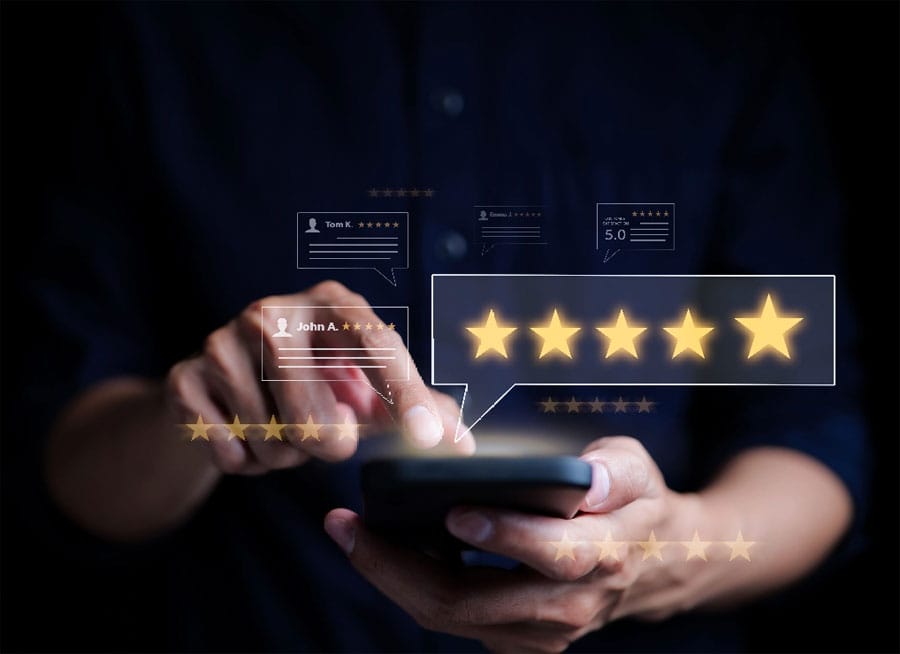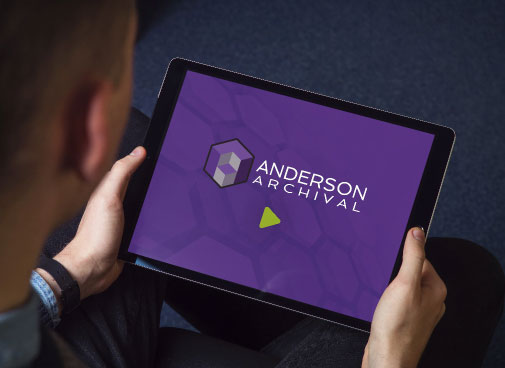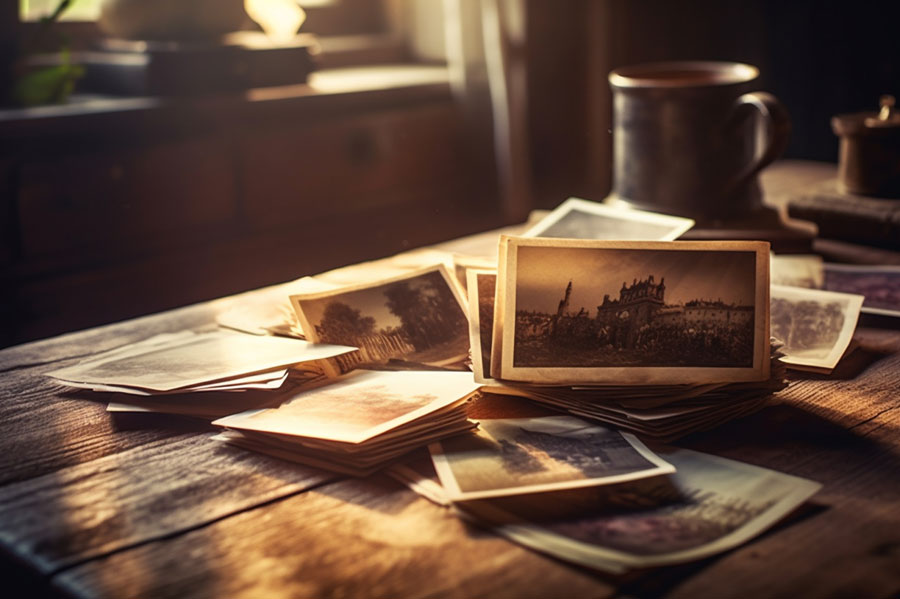Why are collectors, organizations, and institutions bringing their collections into the digital age? What makes the effort and cost of digital conservation worthwhile?
As users, we can’t know the primary driving force behind the digitization of some of the most impactful collections on the internet, but at Anderson Archival, we’ve seen countless motivations for digitization. One common element is that the stewards of these collections want to bestow a gift on the digital landscape: the gift of preservation, the gift of a better future through learning and inspiration, the gift of accessibility.
New to digital libraries? Read more about digital collections and the Anderson Archival difference.
Here is a sampling of successful digital archives that showcase these three goals for digitization.
Documenting and Preserving a Lost History
For some collections without a digital presence, the cultures, histories, and movements they represent may be lost in the event of a disaster. Those interested in historical preservation know that history is relevant for both today and tomorrow. Digital collections that preserve a little-known or previously lost history fill in gaps left by traditional education, inviting readers and viewers to explore and learn.
- Early Americas Digital Archive offers rare and out-of-print texts, written in and about the early Americas as full-text documents checked against originals. This text is easy to search, read, and reference.
- RomArchive is populated with highly curated sub-collections and journeys of thought that explore how the Roma people are represented in European history and culture, where gaps in coverage lie and affect public perception, and offer strategies for combating this skewed absence.
- Virtual First Ohioans, a sub-collection of Ohio History Connection, invites visitors to take a tour through this native history of Ohio, starting with the archeological process involved in modern re-discovery and preservation, and journeys through time with descriptive visuals. Clicking through the section acts as a virtual museum showcasing these ancient peoples.
- The Library of Congress’ Mapping the National Parks collection tracks the history of lands that visitors may take for granted.
- The Digital Library of the Middle East provides a vital resource to a region often divided by conflict, preserving documents digitally because the physical originals are often sold on the black market or destroyed.
These collections and archives could have remained behind closed doors, in drawers, in museums, or even destroyed, but curators identified a need to not only preserve but to share their contents with the world.
Sharing History to Change the Future for the Better
Many collection owners believe that the material in their possession has the power to educate, enlighten, and change the world for the better. In some cases, documents present underheard worldviews or religious beliefs, while others highlight periods of historical upheaval, from which many lessons may be learned. For these curators and collectors, making the words, photos, or other historical materials available to the general public is deeply important.
- The Pearl Digital Collections of the Presbyterian Historical Society comprise the oldest denominational archives in the United States. Primary source documentation of Japanese-American internment during World War II, tied to the denomination through mission work in the camps, is just one example of a piece of history that still resonates today.
- Another highly-curated digital museum is the digital offerings of United States Holocaust Museum. The site covers brutal historical events with honesty, providing photographic and written record for a thoughtful tour or in-depth research.
- The Peace Database collections of the Hiroshima Peace Memorial Museum serve a similar purpose. Though the digital archive hasn’t been updated since 2016, the site stands as memorial and marker of a horrific event.
These collections have the potential to make a profound change in the thinking of modern readers, and digitization has made them available to anyone.
Giving the Gift of Accessibility
Digitization offers incredible freedom: researchers and other users no longer must travel to a single location and request limited time in a temperature-controlled room with just a copier to aid their memory. Research (and search in general) is far easier when done digitally, where a single keyword puts the user just a click away from the title, page, and paragraph they want to find.
- The Henry Ford Museum of American Innovation brings historical artifacts to users who can’t make the trip to Michigan. Their digital collections mimic walking through a museum by browsing through Expert Sets or the back room of a research library through their advanced search.
- The New York Public Library’s Digital Collections are stunning in scope and content. Containing material that users might not have even known existed, NYPL makes these collections easy to browse and search, like this collection of The Black Experience in Children’s Books. While not every item in these collections is fully text searchable, NYPL makes discovery easy.
- The Provincial Archives of Saskatchewan continues to grow its collection, moving forward with the belief that the content it provides is valuable and that digitization offers unparalleled search for its users.
- The Internet Archive is possibly the longest-running and most comprehensive archive currently online. Founded on the ideal of “Universal Access to All Knowledge,” the Internet Archive has been in the news recently for linking Wikipedia-cited passages to digitized materials, stressing the importance of using digitization as a tool for verification.
Being able to access materials like these from anywhere in the world is a gift to this century. This massive amount of data is now accessible and at the fingertips of anyone in the world.
When all is said and done, the deciding factor to digitize may come down to the simple fact that the world is going digital. Don’t let your collection be left behind or forgotten.
Contact Anderson Archival by phone (314.259.1900), email, or our contact form today for a free consultation regarding the digitization of your collection, regardless of your goal for going digital.







